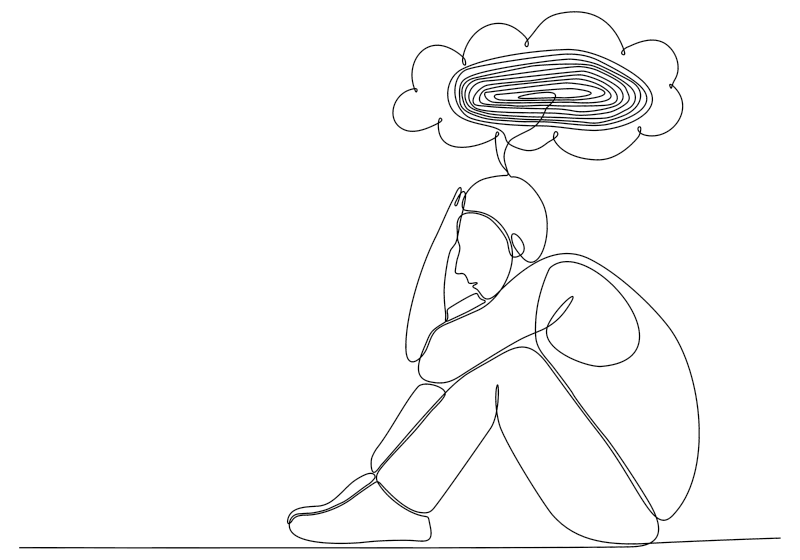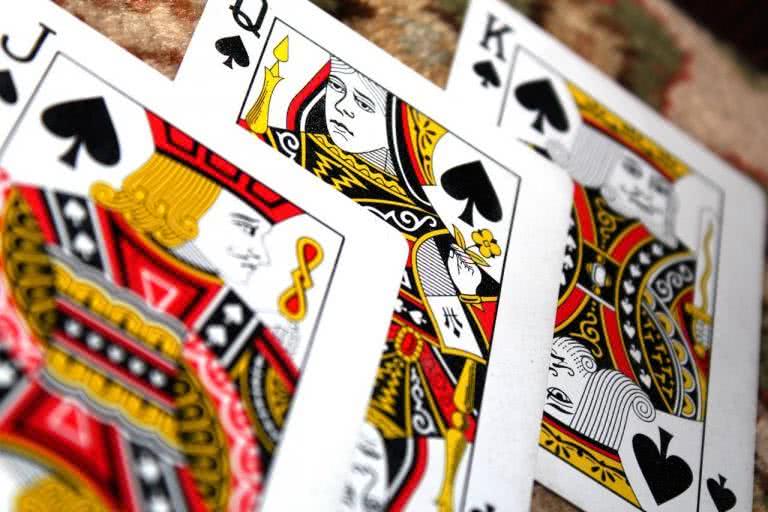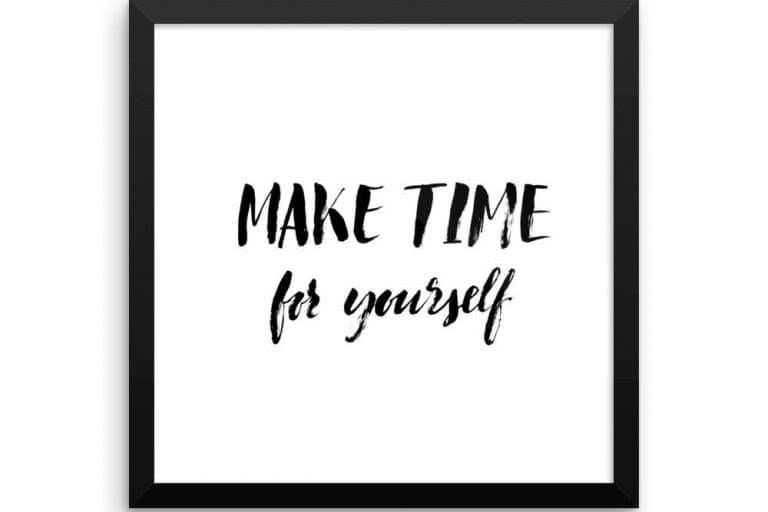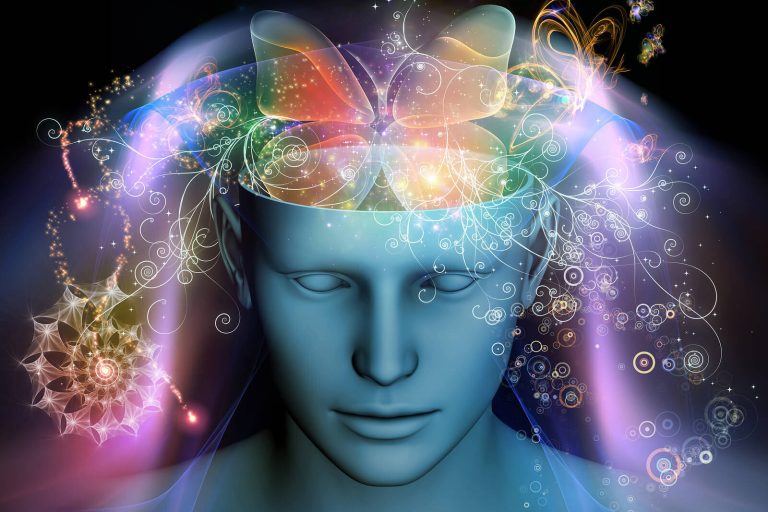 Addiction is a disorder characterised by compulsive, ongoing, repetitive participation in harmful behaviours or substances, and it is a major concern in South Africa. Substance abuse includes both habit-forming drugs like cocaine, dagga (marijuana), and alcohol, as well as behavioural addictions like compulsive gambling, eating disorders, and sex addictions.
Addiction is a disorder characterised by compulsive, ongoing, repetitive participation in harmful behaviours or substances, and it is a major concern in South Africa. Substance abuse includes both habit-forming drugs like cocaine, dagga (marijuana), and alcohol, as well as behavioural addictions like compulsive gambling, eating disorders, and sex addictions.
Addiction has become increasingly prevalent in South Africa, affecting the lives of many individuals and their families. When a person loses control of their addictive behaviour, they continue to engage in it despite the negative consequences and despite protests or warnings from others.
A person suffering from addiction will develop a tolerance over time, requiring an increase in the volume of the substance or the frequency or intensity of the activity.
This results in a growing need for more of the substance or behaviour to achieve the same level of satisfaction as before.
Thoughts and actions associated with addictive behaviour begin to overshadow other aspects of many South African’s existence in the life of someone struggling with addiction. Obligations, commitments, relationships, finances, interests, social status, and health are all put on the back burner in order to feed the addiction.
When the activity’s short-term reward effect wears off, it is followed by unpleasant withdrawal symptoms and a strong desire to repeat the act. Individuals may take unusual risks to overcome obstacles in order to replenish the addictive substance or resume the behaviour.
Overcoming addiction on one’s own can be extremely difficult for many people which is why rehab centres offter a supportive environment that looks at all aspects of the addictive process to find suitable solutions.
People that are struggling with addictions frequently resist the recoverey process or deny the existence of their addiction and avoid efforts by others to arrange treatment for them, fearing that they will be unable to cope with life after the addiction process is removed.
More often than not, the addiction is a symptom of underlying emotional pain. People who suffer from addiction often use substances or engage in behaviours to numb or distract themselves from the pain they feel inside. This emotional pain can stem from various sources, including childhood trauma, relationship issues, and mental health disorders like anxiety and depression. Without addressing the root cause of their pain, people can become trapped in a cycle of addiction that can have serious consequences for their health, relationships, and overall quality of life.
To overcome addiction, it is essential to address the underlying emotional pain through therapy, counselling, and other evidence-based treatment modalities. By gaining insight into the source of their pain, individuals can learn to develop healthier coping mechanisms, manage their emotions, and improve their overall well-being.
If a person refuses treatment, various intervention strategies can be used to persuade them to seek and accept formalised rehab treatment.
Medical facilities and prescription medications are available in South Africa to help with detox and withdrawal symptoms. Furthermore, cutting-edge therapy techniques effectively address the underlying emotional dysfunctions that predispose a person to addiction in the first place. These therapies enable people to live a normal, fulfilling life without drugs or addiction based behaviours and prepare them to deal with real-life situations that arise when they return to a sober lifestyle. Please call the helpline number provided by local addiction support organisations for more information or to schedule a confidential appointment with a qualified therapist.

 Addiction is a disorder characterised by compulsive, ongoing, repetitive participation in
Addiction is a disorder characterised by compulsive, ongoing, repetitive participation in 










